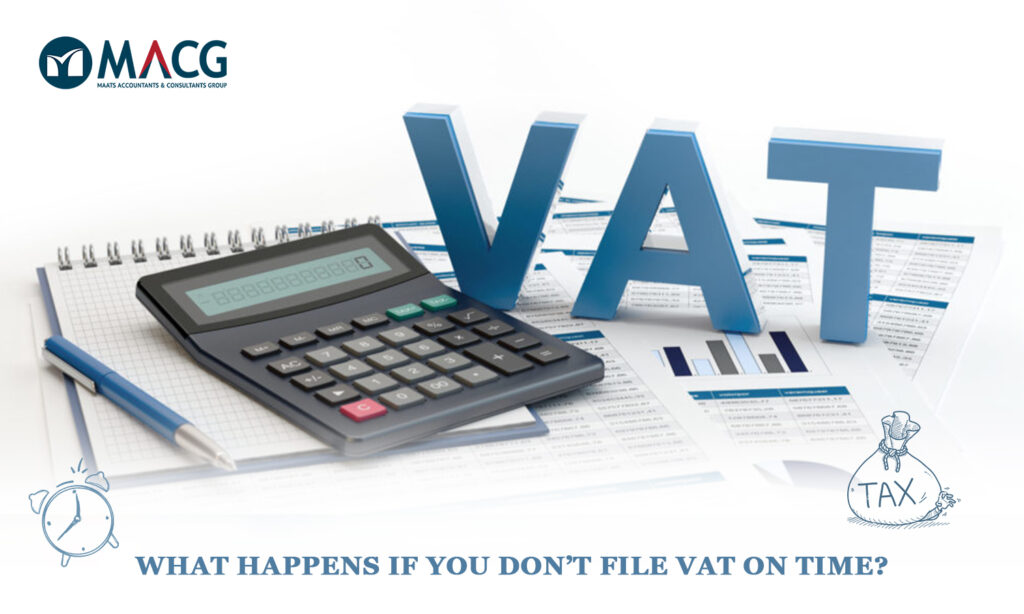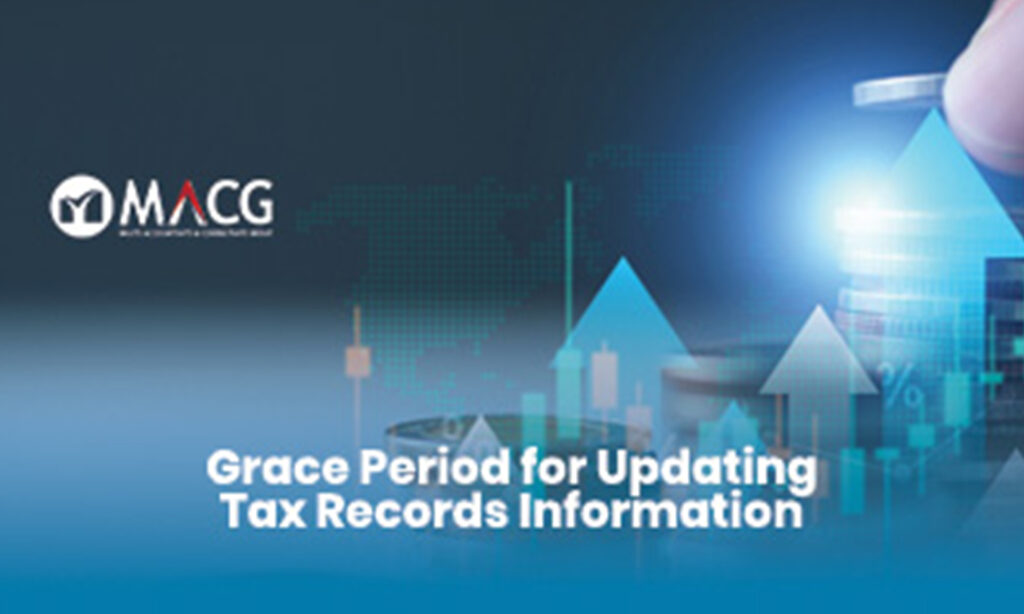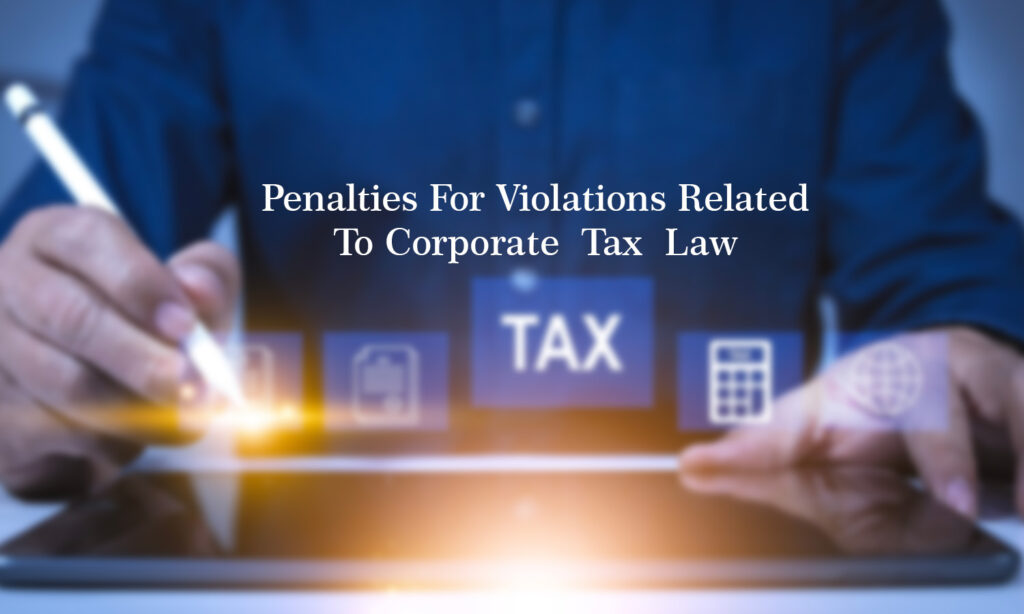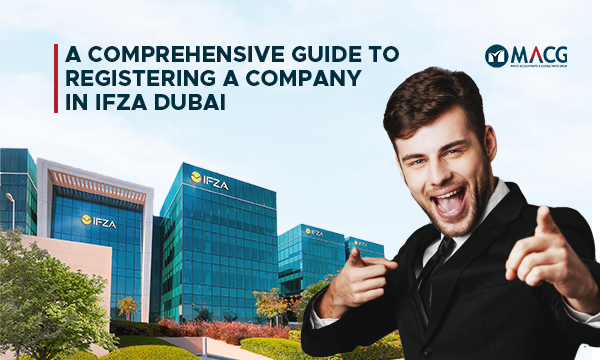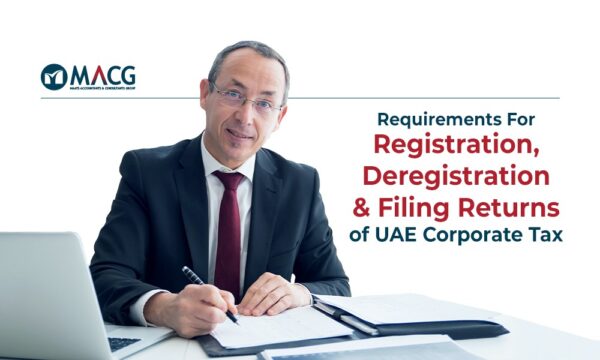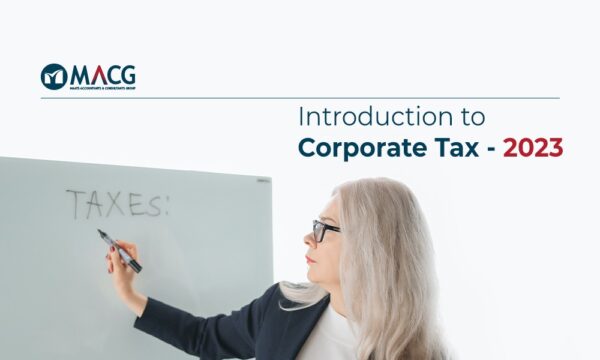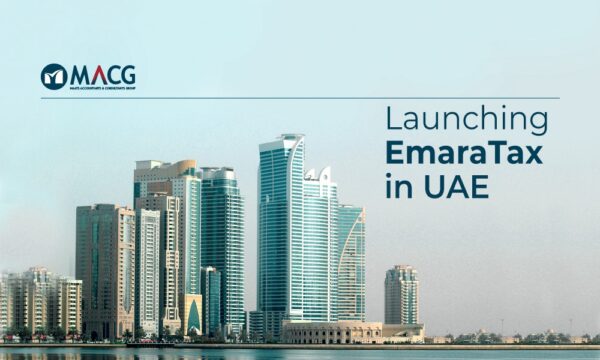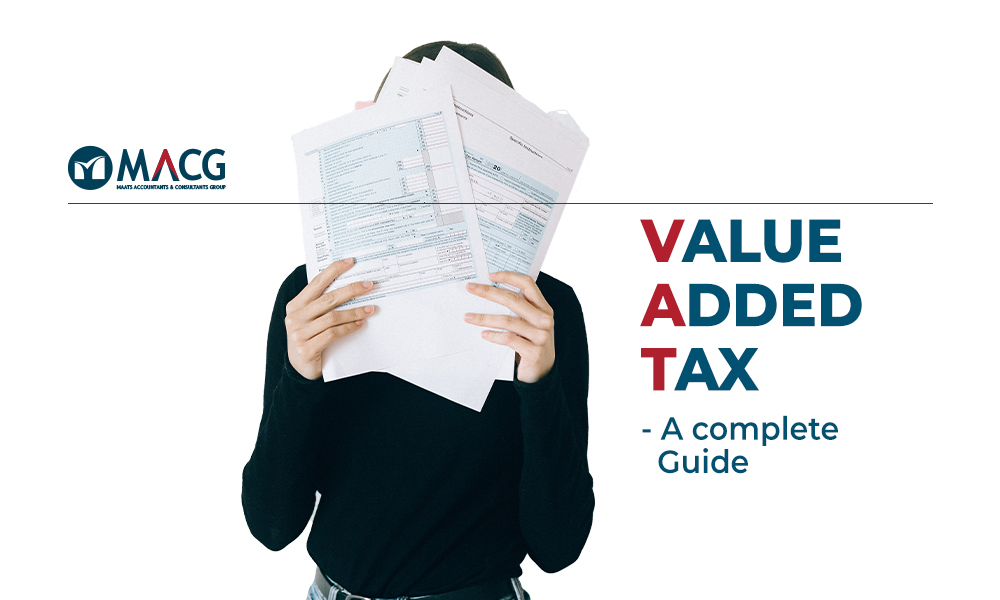What Happens If You Don’t File VAT on Time?
Value Added Tax (VAT) is a crucial part of the financial system in Dubai and across the UAE. Businesses registered for VAT are required to file their returns on time as per the guidelines set by the Federal Tax Authority (FTA). Failure to comply can lead to severe consequences, including fines, penalties, and even legal action. VAT Filing in Dubai VAT was introduced in the UAE on January 1, 2018, with a standard rate of 5%. All taxable businesses must file VAT returns periodically, typically every quarter, unless they are required to file monthly. The VAT return submission and payment deadline is usually 28 days after the end of the tax period. If a business fails to file or pay VAT on time, it faces penalties and other legal consequences imposed by the FTA. Consequences of Late VAT Filing 1. Financial Penalties One of the most immediate consequences of missing the VAT filing deadline is financial penalties. The UAE’s tax laws are strict, and businesses are expected to comply to avoid significant fines. The penalties for late VAT filing are as follows: AED 1,000 for the first offense AED 2,000 for a repeated offense within 24 months Late payment penalty: If the VAT due is not paid by the deadline, an additional penalty of 2% of the unpaid tax is applied immediately. Additional penalties: 4% per month on any unpaid tax amount after one month from the due date. Up to 300% cumulative penalty if non-compliance continues over time. 2. Business Disruptions Late VAT filing can disrupt business operations. The FTA may flag non-compliant businesses, leading to increased scrutiny and audits. This can affect the company’s reputation and may result in additional financial burdens due to increased administrative and legal costs. 3. Legal Consequences Consistent non-compliance with VAT regulations can lead to further legal actions, including business license suspension or restrictions on conducting trade within the UAE. In severe cases, authorities may take legal action against the company’s directors or owners. 4. VAT Refund Delays If a company is eligible for a VAT refund, failing to file returns on time can delay the refund process. Businesses rely on these refunds for cash flow management, and any delay can create financial strain. 5. Increased Risk of Audits Companies with a history of late VAT filings or non-compliance are more likely to be audited by the FTA. Tax audits can be time-consuming, costly, and may lead to further fines if discrepancies are found. How to Avoid Late VAT Filing To prevent unnecessary fines and disruptions, businesses should implement best practices for VAT compliance: 1. Mark Important Deadlines Ensure that you are aware of your VAT filing deadlines and set reminders well in advance. Missing deadlines due to oversight is a common mistake that can be avoided with proper planning. 2. Maintain Accurate Records VAT filing requires accurate financial records, including invoices, purchase receipts, and tax calculations. Keeping these documents organized will make the filing process smoother and reduce errors. 3. Automate VAT Calculations Using VAT-compliant accounting software can help businesses automate VAT calculations, reducing the risk of errors and ensuring timely submission. 4. Work with a VAT Consultant Hiring a professional tax consultant can help businesses stay compliant with VAT regulations. Consultants provide expert advice, handle VAT filing, and ensure that all returns are submitted on time. 5. Plan for VAT Payments Ensure that you have sufficient funds set aside to pay your VAT liability on time. Delayed payments not only attract penalties but also affect cash flow and business operations. Final Thoughts Timely VAT filing is not only a regulatory requirement but also a critical factor in maintaining a strong financial position in the UAE. Late submissions can result in significant penalties, business disruptions, and legal complications. By staying organized, leveraging technology, and seeking expert advice, businesses can ensure compliance and prevent unnecessary financial strain. Maats Accountants and Consultants will help you with hassle-free VAT filing in Dubai, ensuring that you stay on track and avoid penalties. With our professional guidance, you can focus on running your business while we take care of your VAT compliance. Compliance is the cornerstone of a successful business in the UAE!


